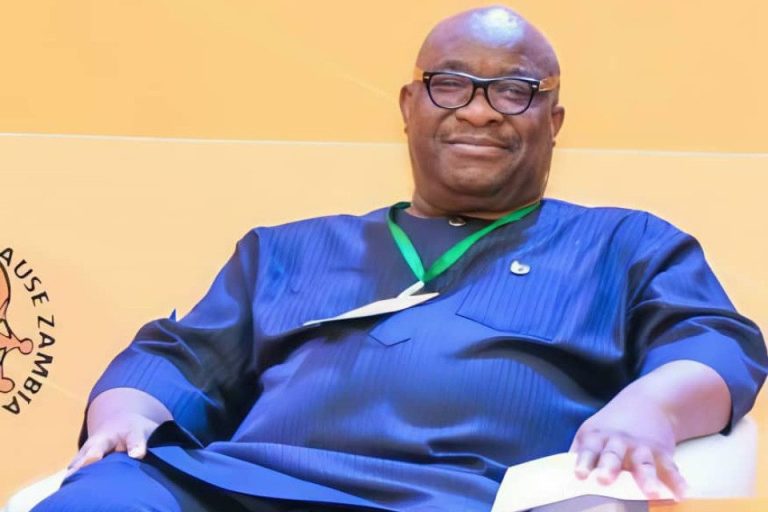The Executive Director of Media Rights Agenda (MRA), Mr Edetaen Ojo, has once again underscored the importance of the Freedom of Information (FOI) Act, 2011, arguing that “without access to information, citizens cannot meaningfully participate in governance, hold public officials accountable, or make informed decisions about issues that affect their lives.”
Speaking in Lagos at the opening of an FOI Training Workshop for Journalists and Representatives of Civil Society Organizations (CSO) in the South West Zone of Nigeria, held on November 12 and 13, 2025, Mr. Ojo stressed that “Nearly 15 years after the passage of the FOI Act, its promise of an open and responsive government is still far from being fully realized.”
According to him, many public institutions continue to operate in secrecy, often in violation of the law, while citizens, journalists, and civil society activists have yet to optimally leverage the rights that the Act grants them.
Mr Ojo described the workshop, organised with funding support from Luminate, as part of MRA’s continuing efforts to strengthen the ability of journalists and civil society actors to utilise the FOI Act as a tool for promoting transparency, accountability, and good governance in Nigeria.
But he insisted that despite the organisation’s frequent capacity-building activities designed to give people in different sectors the knowledge and skills to effectively utilise the FOI Act, access to information is not simply a technical or legal matter but a fundamental right and a cornerstone of democracy.
Mr Ojo said: “The FOI Act provides us with the legal framework to demand this access. However, it is through sustained use, vigilance, and advocacy that we can make it work effectively and derive its full benefits.”
He explained that part of the objectives of MRA is organizing the workshop is to build a community of informed and empowered actors among journalists and civil society actors, who can work together and support each other to promote openness and accountability in government and in public life, adding “By collaborating, sharing experiences, and amplifying each other’s work, we can enhance the effectiveness of the FOI Act and make it a living instrument for democratic governance.”
Mr Ojo informed participating journalists about MRA’s recent call for entries for the Goodluck Jonathan Freedom of Information Awards 2026, and urged them to apply for it, saying that the Awards are open to all Nigerian journalists working in print, broadcast, online, and multimedia platforms.
He noted that winning any of the awards in the two categories could give a significant boost to the career of any journalist, as it would project them into prominence.
Mr. Ojo explained that “Even if you think you do not stand a good chance right now to win any of these awards, you have plenty of time to correct that. You can still make a lot of FOI requests between now and December 31, 2025 or promote the Act through the media between now and the end of the year. And the deadline for submission of entries is January 31, 2026. So, as I have said, you have plenty of time.”
He thanked Luminate for supporting the workshop and other activities being carried out by MRA, saying that the organisation appreciates their commitment to strengthening transparency and protecting the public’s right to know.





